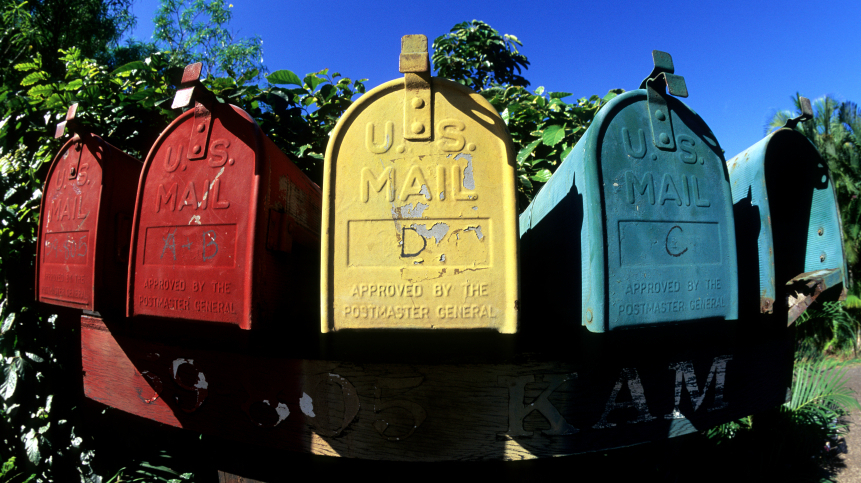Rebates for Some Who Buy Own Health Insurance - Almost a third of people who bought their own health insurance last year will get rebates averaging $127 because of a requirement in the federal health care law, according to a new report from the Kaiser Family Foundation.
But the percentage of consumers eligible for rebates varies widely by state, and by insurer within each state, the analysis found. In Texas, for instance, 92 percent of individual insurance customers are expected to get rebates. But no insurers expect to issue rebates in Hawaii.
When averaged by state, the report said, the largest per-person rebates would be paid to individuals in Alaska ($305) and Maryland ($294). But the expected rebates would be just $1 in Vermont and New Mexico — which is so low that under the rules, insurers probably won’t have to issue them.

Under the Affordable Care Act, insurers offering health coverage to individuals must spend at least 80 percent of what they collect in premiums on medical claims or quality improvements, with the rest going toward administrative costs, marketing and profits. Companies that spend too little of the premiums on actual health care must give back funds to customers, either in the form of a check or a discount on future premiums.
The requirement took effect last year, and the first rebates are due by Aug. 1.
The foundation based its report on preliminary estimates filed with state insurance regulators, so actual rebate amounts may vary. Final calculations aren’t due until June, and consumers will be notified after that of any rebates. The report’s findings don’t include California, where data wasn’t yet available.
Nationwide, 215 insurance plans covering about 3.4 million people report that they expect to issue a rebate to individual market customers.
The rebate process is different in the case of people getting group health coverage through their employers, because the employer and the worker typically share premium costs. (The health law requires large employers to spend 85 percent of their premiums on health claims and quality steps. But the requirement doesn’t apply at all to employers that are self-insured, which is the case with many large companies.)
Rebates for employer-sponsored plans will generally go to the employers, which, in some cases, may pass along the rebates to employees, the report said. Requirements vary, depending on details of the health plan documents and whether the employer is a business, a state or local government, or a church.
Of those large businesses and their employees getting rebates, the largest average rebates per enrollee are in Vermont ($386) and Nebraska ($248), the report estimated.
While payments to consumers probably won’t be large, the overall point of the law’s requirement is to make sure that insurers are spending a significant amount of their premium revenue on actual health benefits, said Gary Claxton, vice president of the foundation. ( nytimes.com )
But the percentage of consumers eligible for rebates varies widely by state, and by insurer within each state, the analysis found. In Texas, for instance, 92 percent of individual insurance customers are expected to get rebates. But no insurers expect to issue rebates in Hawaii.
When averaged by state, the report said, the largest per-person rebates would be paid to individuals in Alaska ($305) and Maryland ($294). But the expected rebates would be just $1 in Vermont and New Mexico — which is so low that under the rules, insurers probably won’t have to issue them.

Under the Affordable Care Act, insurers offering health coverage to individuals must spend at least 80 percent of what they collect in premiums on medical claims or quality improvements, with the rest going toward administrative costs, marketing and profits. Companies that spend too little of the premiums on actual health care must give back funds to customers, either in the form of a check or a discount on future premiums.
The requirement took effect last year, and the first rebates are due by Aug. 1.
The foundation based its report on preliminary estimates filed with state insurance regulators, so actual rebate amounts may vary. Final calculations aren’t due until June, and consumers will be notified after that of any rebates. The report’s findings don’t include California, where data wasn’t yet available.
Nationwide, 215 insurance plans covering about 3.4 million people report that they expect to issue a rebate to individual market customers.
The rebate process is different in the case of people getting group health coverage through their employers, because the employer and the worker typically share premium costs. (The health law requires large employers to spend 85 percent of their premiums on health claims and quality steps. But the requirement doesn’t apply at all to employers that are self-insured, which is the case with many large companies.)
Rebates for employer-sponsored plans will generally go to the employers, which, in some cases, may pass along the rebates to employees, the report said. Requirements vary, depending on details of the health plan documents and whether the employer is a business, a state or local government, or a church.
Of those large businesses and their employees getting rebates, the largest average rebates per enrollee are in Vermont ($386) and Nebraska ($248), the report estimated.
While payments to consumers probably won’t be large, the overall point of the law’s requirement is to make sure that insurers are spending a significant amount of their premium revenue on actual health benefits, said Gary Claxton, vice president of the foundation. ( nytimes.com )
No comments:
Post a Comment